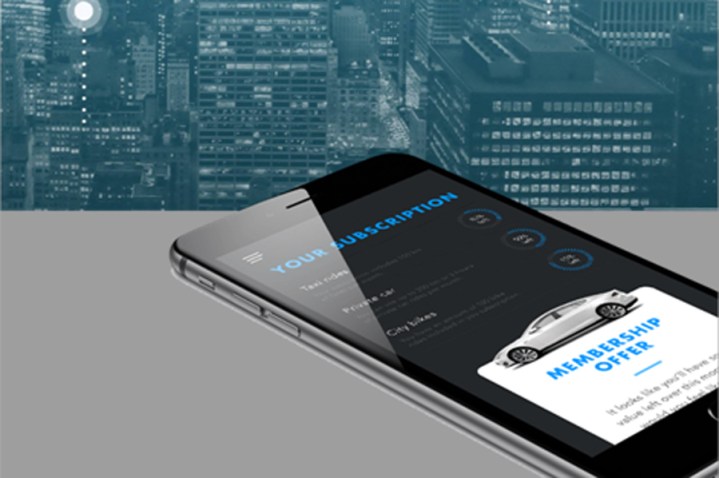
MaaS, the company, was clever in nailing down MaaS, the acronym, as its name. MaaS stands for “Mobility as a Service”, and that’s exactly what MaaS the company promises. With plans to launch in late 2016 and early 2017, MaaS is already growing. MaaS Australia, founded by investors in MaaS Finland, is on board to take the concept to a country very different from Finland.
The model MaaS is currently planning has three packages: one-click travel, monthly commuter, and ultimate mobility. One-click travel wouldn’t be that different from ordering an Uber car today, except you could sign on, enter your destination, and choose from the options presented, which might include different modes of transportation or combinations. One click would pay for it all and you could choose based on price, time, possibly a preferred route, or maybe even sights and scenes along the way.
The monthly commuter package would include all your travel that month, whether by car, bus, taxi or other mode of transportation. As a bonus, this package would cover home grocery order deliveries, too.
The ultimate mobility package would be for high rollers. It would include private cars, limousines, rental cars, public transport, whatever you needed, whenever you needed it, and you’d go in style. Since it’s an ultimate package, it would have you covered anywhere you went in the world (no word yet if SpaceX travel will be part of this package, so let’s say no for now).
The car industry is changing and the manufacturers know it. Some companies are already foreseeing the changes, with Ford and BMW having spoken publicly about their future roles in mobility service. BMW’s DriveNow car-sharing service testing in Seattle is an example of cars on demand instead of cars in the garage.
The economic models for consumers show that most people would save money by only using cars when they need them, along with other transportation services, rather than paying the costs of ownership. It’ll be a big change from the long-standing love affair Americans and people in many other countries have had with their cars, and it won’t change overnight.



